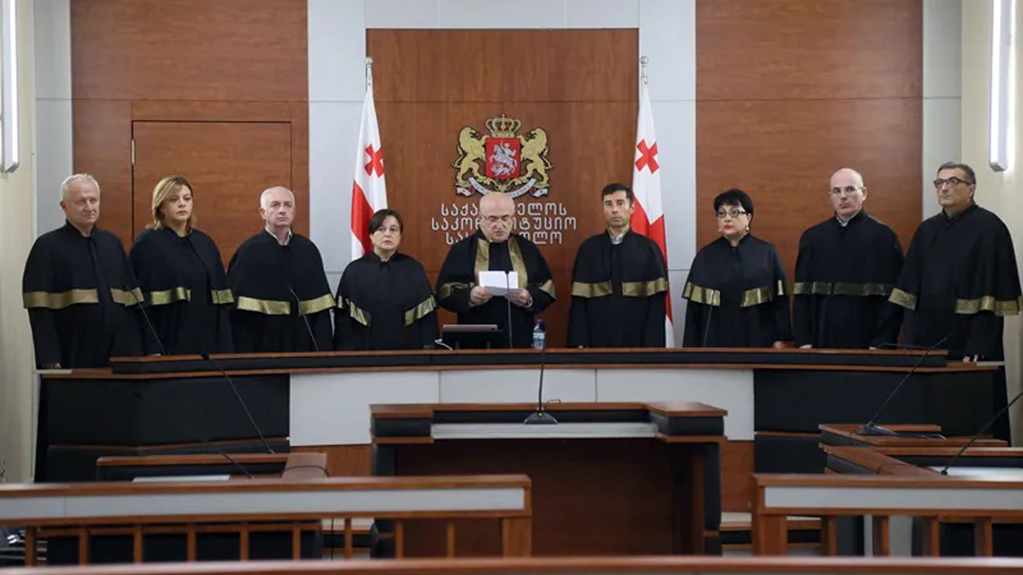During a spontaneous assembly/manifestation, the obligation to notify the executive body of the municipality 5 days in advance was canceled.
News
The Plenum of the Constitutional Court of Georgia considered that the normative content of Article 8, Clause 1 of the Law “On Assemblies and Manifestations”, which provides for the obligation to notify the executive body of the municipality no later than 5 days before the assembly/manifestation, when the warning within this period, considering the spontaneity, is impossible, is unconstitutional in relation to the first paragraph of Article 21 of the Constitution.
The public defender applied to the court in 2021 to determine the constitutionality of the law. The claimant argued that the disputed norm excluded the legal possibility of holding a spontaneous assembly and demonstration, because the requirement of 5 days' notice to the executive body of the municipality applied in all cases, without exception. Plaintiff explains that the gathering is often prompted by spontaneous social protest and may not have a designated organizer at all. In such a case, due to lack of time and other circumstances, it becomes impossible to comply with the disputed rule.
The Constitutional Court upheld the claim and found that the freedom of assembly provided by Article 21 of the Constitution protects the right of both pre-organized and spontaneous assembly and demonstration, since the effectiveness of assembly and demonstration in individual cases may require immediacy, avoiding time delays and allowing for unimpeded expression of public reaction. Therefore, the right to hold a spontaneous assembly and demonstration, including at the place of transportation or by disrupting the movement of transport, falls within the freedom of assembly and demonstration protected by law.
“Georgia's historical experience shows that, in general, the right to assembly and demonstrations is of special importance for Georgian society. For decades, public gatherings have been an effective and very often used means of protecting state interests, forming public opinion, expressing protest, uniting or fighting around ideas and values,” the Constitutional Court explains.
However, the Constitutional Court considers that not all cases of spontaneous assembly automatically exclude the need or the possibility of prior warning to the relevant authority.
“The obligation of the organizers of the meeting to warn the relevant state body is a responsibility and a duty associated with the exercise of the right. As soon as it becomes clear to the organizers that, taking into account the number of participants of the gathering or demonstration, the roadway will be partially or completely blocked, they should inform the authorities about this as soon as possible,” the Constitutional Court states.
It is worth noting that with this decision, the Constitutional Court changed the previously established practice, which did not include the right to spontaneous demonstration in a public place and place of traffic, without prior warning, as part of the right protected by the first paragraph of Article 21 of the Constitution.















